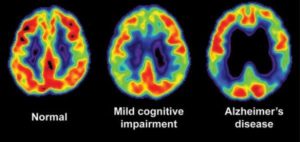
How would you feel if I looked into a crystal ball and told you that you were definitely going to develop Alzheimer’s Disease (Diabetes of the brain) or Dementia?
You would forget your loved ones, you’d forget who YOU are, and you would have your license taken away and your right to be independent.
You would have to resort to taking a bunch of medication every day to slow down your dying brain, all of this while you lay in a hospital bed?
Not a great fortune to be told, right?
How would you feel if I told you that you have complete control of that by stopping the amount of sugar you are consuming every day?
Alzheimer’s Disease is classified as Diabetes of The Brain or Diabetes Type 3.
Did you realize that?
Your pancreas is an organ that produces a hormone called insulin.
Every time you eat sugar, whether it be a banana, mango, bread, alcohol, pasta, or piece of candy – WHATEVER, your pancreas secretes insulin to grab the sugar and store it away in your liver for energy, in your muscles – and then as FAT if you are not using the sugar.
What insulin also does is it patrols the tau protein and plaque in your brain. Insulin degrades these plaque/proteins that build up in the brain.
When you are constantly eating sugar every day, not exercising to burn off the excess sugar, the proteins, and plaque go unchecked! They build and build, and then BOOM your memory suffers, and you develop Alzheimer’s or Dementia.
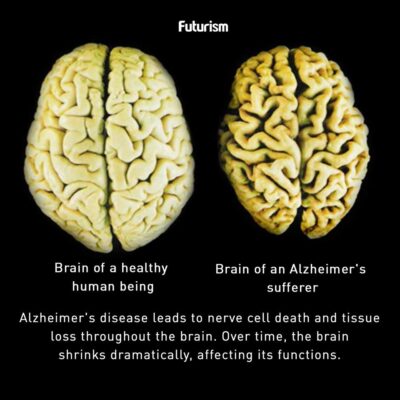
One teaspoon of sugar is equivalent to 4 grams.
This is a good piece of information to keep in mind when you’re purchasing pre-packaged foods or drinks/teas/juices.
If you’re eating a ton of sugar every single day, if you are a gluten junkie, if you’re eating tons of bread, pasta, cereals, and rice every single day – look into that crystal ball, my friend.
Whatever you do now echoes in eternity. Just like, whatever you eat now will echo in your life as an older adult.
I was at a seminar on Brain Chemistry in February this year, and the speaker told me the average onset of Alzheimer’s Disease he sees in his clinic is 51 years old.
So, in 25 years, I could be suffering from full-blown Alzheimer’s? That’s insane! That means that whatever I do right now is going to determine my getting that disease in 25 years.
1. Exercise:
Exercise to burn the excess sugar off. Sugar is inflammatory.
High-intensity Interval Training such as “Tabata Exercises” is the best exercise that oxygenates the brain and most efficiently helps the body in 4 minutes (who doesn’t have 4 minutes?).

2. Eat Fruits and Vegetables
Eat lots of fruits and vegetables (berries and apples are the lower glycemic ones).
Blueberries & blackberries are amazing for improving cognitive function.
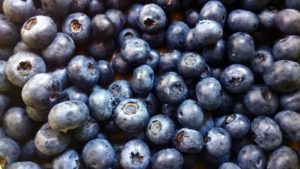
3. Use Acetyl L-carnitine
Take Acetyl L-carnitine to support mitochondrial health and brain function and protect neuronal function.
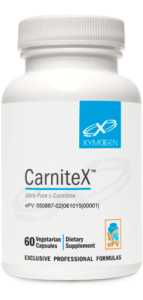
3. Take Anti-inflammatory agents:
Take anti-inflammatory agents such as Curcumin and resveratrol every day – your brain is inflamed if you have a form of cognitive impairment or neurological degeneration.
The ideal curcumin to take is one that crosses the blood brain barrier. Curcumin and Resveratrol quell inflammation on a cellular level by inhibiting the inflammatory cascade caused by NF-kB.
Once this becomes turned on, it is a self-feeding loop of inflammation, but with those two anti-inflammatory agents, it is dampened.
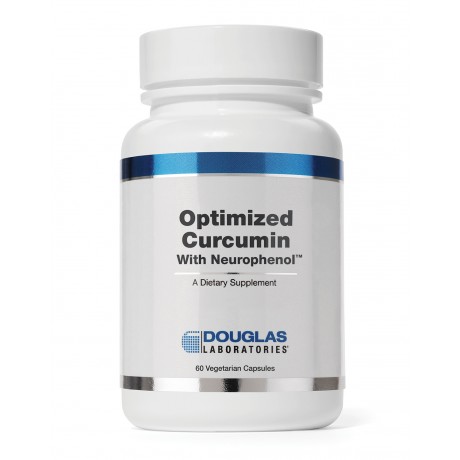
4. EPA/DHA
Those with cognitive impairment supplemented with Omega-3 Fatty Acids demonstrated less neuronal loss and improved cognitive function.
Do something different every day, don’t stop doing math problems, drive a different way home, learn an instrument, do crossword puzzles, and create new pathways in the brain to keep your mind sharp.
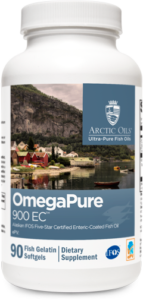
Most importantly, stop eating wheat/gluten and dairy.
These two foods have been proven in a multitude of studies to alter your brain and gut. The proteins from wheat and dairy cross-react with the cerebellum (the part of the brain responsible for coordination and balance).
You should always speak with your functional medicine practitioner or PCP before beginning any supplements to ensure that they do not interact with any medications that you are on.
— Have a healthy day.
More Helpful Blog Posts on The Brain and Neurologic
- Lymphatic Drainage Is A New Target for Alzheimer’s Disease Prevention and Lead To Better outcomes in Disease Severity
- Resveratrol May Have Therapeutic Potential In Treatment Of Autism
- How To Tell If You Have Leaky Brain
- Studies Show Fluoride To Be Neurotoxic, Lower IQ In Children, Inhibits Thyroid Function
- The Implications of Constant Stress on Your Brain
- PANDAS/PANS: Is a Brain Infection Driving your Child’s OCD, Tics & Psychosis?

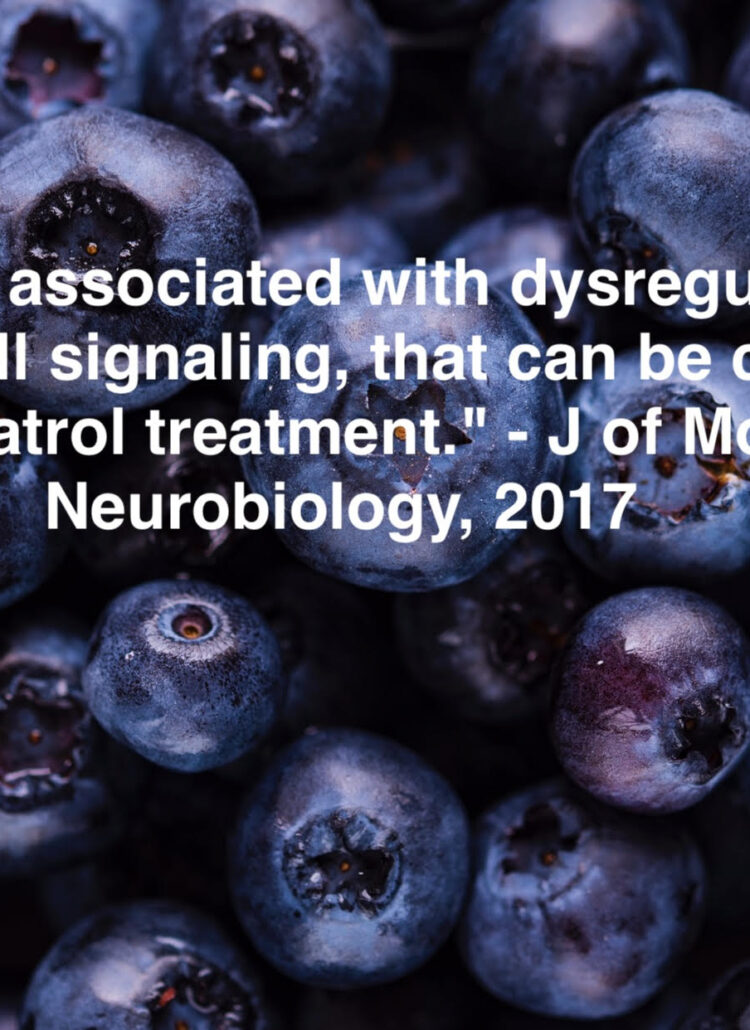


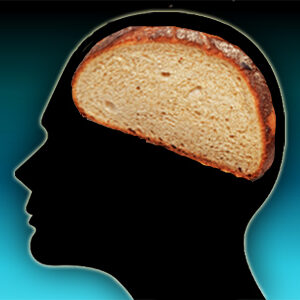
[…] Diabetes Of The Brain: Are You At Risk? – The Healthy …The MIND diet: 10 foods that fight Alzheimer’s (and 5 to …Food for the Brain – Nutrition, Mental Wellbeing and …6 natural foods that boost brain health | The Times of IndiaHow the evidence stacks up for preventing Alzheimer’s diseaseAre there certain foods you can eat to reduce your risk of …What is the MIND diet? – Food InsightBook Shows How 90% of Alzheimer’s Cases Are Preventable …Alzheimer’s & Dementia – Wiley Online Library5 Foods You Can Eat to Fight Alzheimer’s Disease and 3 to … […]